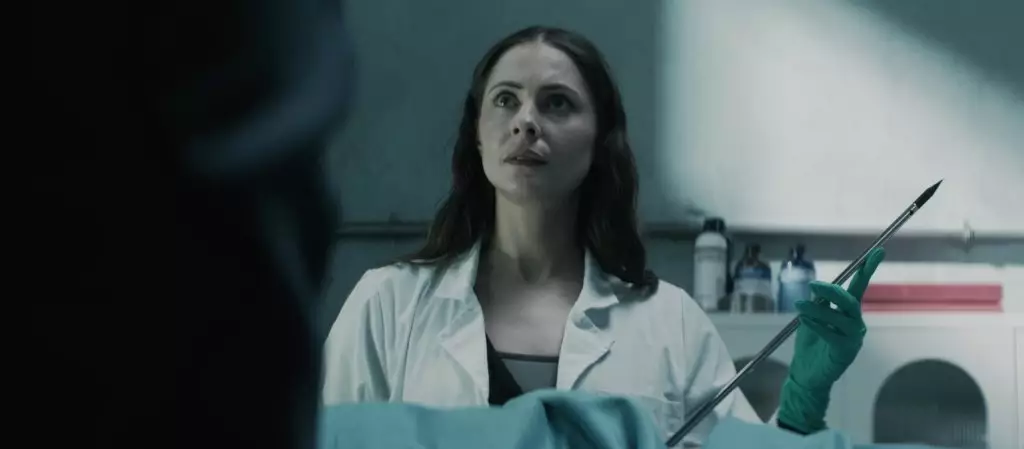The recent announcement that Shudder will adapt *The Mortuary Assistant* video game into a feature film is a troubling reflection of how modern horror is increasingly driven by nostalgia rather than innovation. The game itself became a cult phenomenon—an intense, atmospheric plunge into the supernatural, rooted in psychological terror and folklore. However, the film adaptation seems more a commercial ploy than a genuine effort to elevate the genre. It’s emblematic of Hollywood’s tendency to mine successful IPs with little regard for artistic integrity, turning what could be a thought-provoking narrative into a predictable spectacle aimed at franchise building. This move dilutes the original’s cultural significance and reduces horror storytelling to a formulaic venture designed for quick monetary gain.
A Missed Opportunity for Artistic Depth
What galls most is the apparent lack of ambition behind this adaptation. While the original game was praised for its atmospherics and psychological depth, early indications suggest the movie will lean heavily on jump scares and surface-level frights. The decision to expand the mythology of the demonic entities involved might seem promising, but it risks reducing complex lore into clichéd horror tropes that serve as mere set pieces rather than meaningful narrative devices. Instead of delving into the moral ambiguities and personal trauma that made the game compelling, the film risks turning these elements into superficial plot points to prop up a predictable horror arc.
Commercialization at the Cost of Cultural Substance
This pattern of turning interactive, atmospheric experiences into cinematic franchises signals a broader cultural trend—that of commodifying horror for mass consumption, often at the expense of authenticity. The horror genre, historically a reflection of societal fears and anxieties, is in danger of becoming a sanitized product designed solely for entertainment rather than enlightenment or critique. The involvement of producers like Epic Pictures and Traverse Media, while promising in terms of budget and reach, further emphasizes the commercial impulse over artistic innovation. Their approach suggests that the adaptation might prioritize marketability over maintaining the integrity of the story, thereby diluting what made the original game stand out in the crowded horror landscape.
A Shift Away from Creative Risks
In the broader context of contemporary horror, this project exemplifies a troubling trend: shrinking creative risk in favor of safe, proven formulas. Horror fans who seek meaningful, thought-provoking experiences are often left disappointed, as studios chase high return margins with predictable scares and minimized originality. Instead of embracing the genre’s potential as a vehicle for social commentary and emotional resonance, the industry seems content with recycled shocks dressed up as new stories. The decision to stick close to the game’s lore, rather than pushing its boundaries, further reinforces this demoralizing pattern. Horror isn’t just about scares; it’s about making audiences confront uncomfortable truths. By opting for sanitized, formulaic storytelling, this adaptation risks becoming yet another superficial spectacle in a landscape increasingly driven by profit motives rather than artistic expression.
Given these considerations, it’s hard not to view the *The Mortuary Assistant* adaptation as emblematic of a wider cultural decline—where creative integrity is sacrificed for easy commercial success, and genuine horror is replaced by manufactured fear.


Leave a Reply